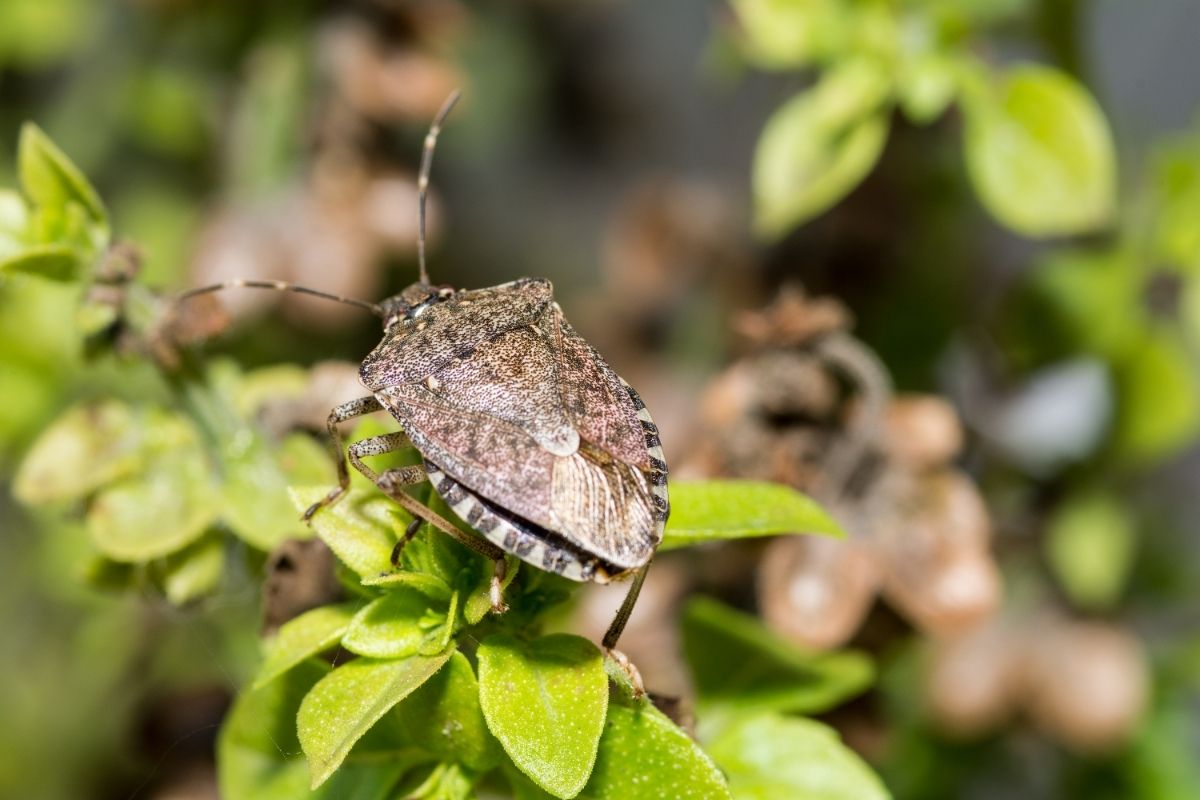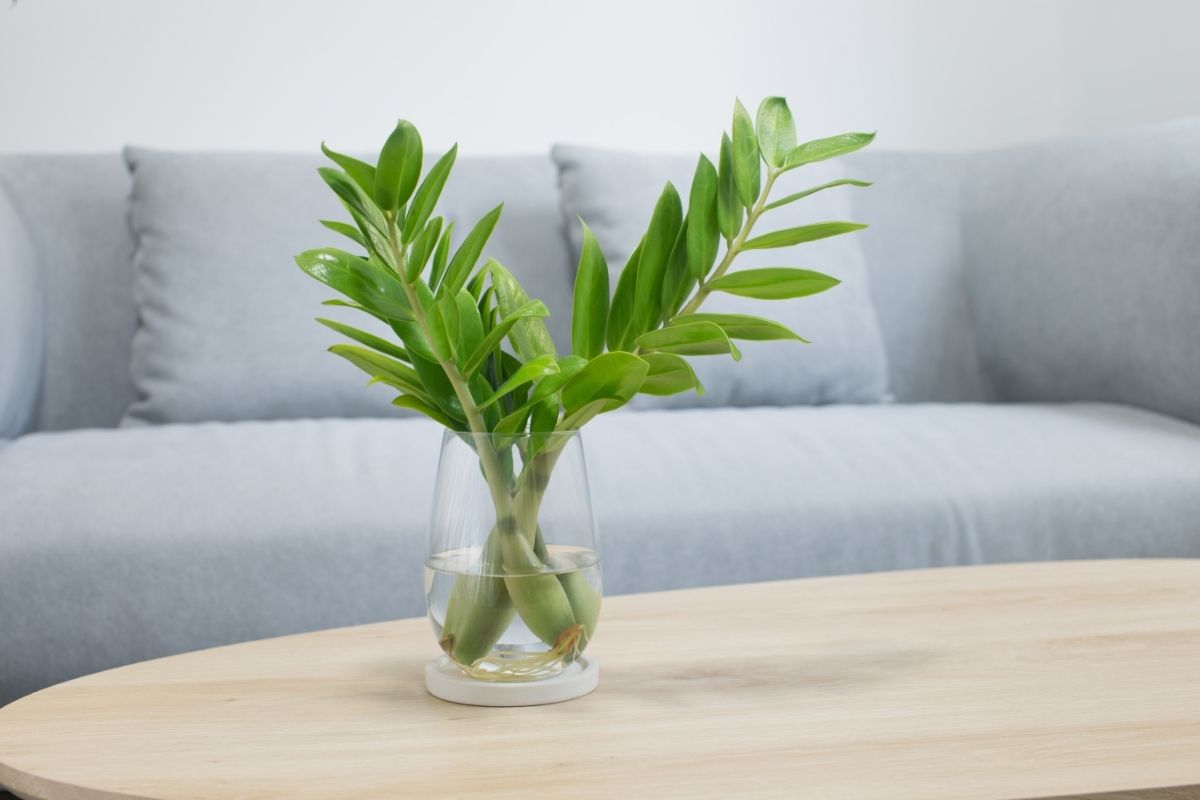Even if you aren’t a person who loves plants and gardening, you will likely have heard of lilacs.
This is primarily because lilac smells so good. Even if you haven’t encountered fresh lilacs before, you likely will have smelt lilac-scented things, so you will know how great this plant smells.
While lilac-scented things smell great, real lilacs smell so much better. The natural scent of real lilac is so much stronger, so it can really go a long way to improving the smell of your home.
If you like, you could also add a lilac bush to your garden to make your yard smell better too.

However, if you have a curious dog, then you might find yourself questioning if this is a good idea.
Especially because there are a lot of naturally occurring plants and foods that are poisonous to dogs. So, are lilacs poisonous to dogs? Or is it safe to grow these at home? Keep on reading to find out.
What Are Lilacs?
Lilac is a plant that is often confused with lavender. This is mainly because lavender and lilac smell similar to each other.
They also look pretty similar to one another too. However, they are actually two very different plants.
Lilac plants are well-known for their appearance. This is because lilac plants are a lilac-purple color, making them easy to recognize when you see them out in the wild.
The wild is the place where you are most likely to encounter lilacs because they are a woody plant that are actually part of the olive family. But, they do not smell like olives, instead, lilacs have a sweet smell that is very similar to the smell of lavender.
Traditionally, lilacs originated from Southeastern Europe and Eastern Asia. But, now these plants are grown all over the world where the climate is suitable.
While they smell great, the main reason why people choose to grow lilac in their yard or home is because of how pretty it is to look at. But is it poisonous to dogs? Let’s find out.
Are Lilacs Poisonous To Dogs?
So, now that we know what lilacs are, let’s take a look at whether, or not, lilacs are poisonous to dogs.
If you are a dog owner, then you will know that dogs are surprisingly sensitive when it comes to the things that they can eat, and there are a lot of things that are poisonous to dogs. This includes raisins, chewing gum, and even onions. But what about lilacs?
Well, if you are considering adding lilac to your garden, either for aesthetic or scent reasons, you will be happy to hear that it is not poisonous to dogs.
This is because lilacs do not contain any chemicals (both natural and artificial) that could cause harm to your dog.
This includes the stems, flowers, and leaves of the lilac plant. So, if your dog were to consume any of these plants, they would not experience any negative health effects as a result.
However, that being said, it is not a good idea to let your dog eat lilac. So, if you spot your dog going to munch on your lilac bush, you should stop this behavior immediately.
While lilac is not poisonous to dogs, too much foliage can have a negative effect on their digestion. So, if your dog eats too much lilac, they could become constipated.
Alternatively, it might trigger the opposite reaction, and your dog may experience vomiting and diarrhea. That is why it is best to ensure that your dog only eats the food that you give them.
Why Are Some Plants Poisonous To Dogs?

So, while lilacs are not poisonous to dogs, there are lots of plants that are.
This can be a real worry to some dog owners because it is often very difficult to control your dog’s curiosity.
Especially when you are out walking them. The main reason why some plants are poisonous to dogs is that they contain some naturally occurring chemicals that are toxic to dogs.
Just like cats, dogs have fewer liver enzymes than humans, making them more vulnerable to toxins.
The fact that naturally occurring plants can be poisonous to dogs can be very scary to dog owners because there are already lots of man-made things that are toxic to dogs.
When you pair this with the fact that dogs are scavengers by nature, it makes it very difficult to ensure your dog never eats any of these poisonous things. With that in mind, we’ve put together a quick list of the main things that are toxic to dogs.
They include:
- Apple seeds
- Cherry pits
- Avocado
- Candy
- Coffee
- Grapes (and raisins)
- Garlic
- Macadamia Nuts
- Onions
- And lots more…
Some plants that are poisonous to dogs include:
- Hemlock
- Mistletoe
- Amaryllis
- Daffodils
- Iris
- Eucalyptus
- And lots more…
Plants That Are Safe For Dogs
However, as we have seen, there are quite a lot of plants that are actually safe for dogs. So, just because there is a lengthy list of plants that are dangerous to dogs doesn’t mean that you can’t have a beautiful backyard.
As well as lilacs, there are lots of beautiful plants that you can plant in your yard (and in pots in your home) to make it look and smell outstanding.
These plants include:
- Spider plants
- The majority of succulents
- Parlor palms
- The majority of cacti
- Banana plant
- Lipstick plant
- Moth orchid
- Prayer plant
- And lots more…
All the plants that we have listed above are safe for dogs because they do not contain any naturally occurring chemicals or toxins that could negatively affect your dog.
This means that as long as your dog does not chew on an excessive amount of this plant, they shouldn’t experience any negative health effects.
Even if they were to eat a lot of these plants, then it would only cause a small period of stomach upset, and nothing deadly.
So, if you want to add some plants to your home or yard to make it look prettier, or to make it smell better, the plants above (along with lilacs) are some safe options to choose from.
Summary
In short, no, lilacs are not poisonous to dogs. However, it is important to ensure that you do not get lilac mixed up with lavender (as many people do) because lavender does contain toxins that are poisonous to dogs.
But, as long as you ensure you are planting lilac in your garden, and not lavender, then it will not have a negative effect on your dog’s health should they eat it.
- Best Hanging Plant For Low Light - September 4, 2023
- Best Indoor Plants Florida - August 28, 2023
- Best Plants For Bathroom Smells - August 21, 2023








